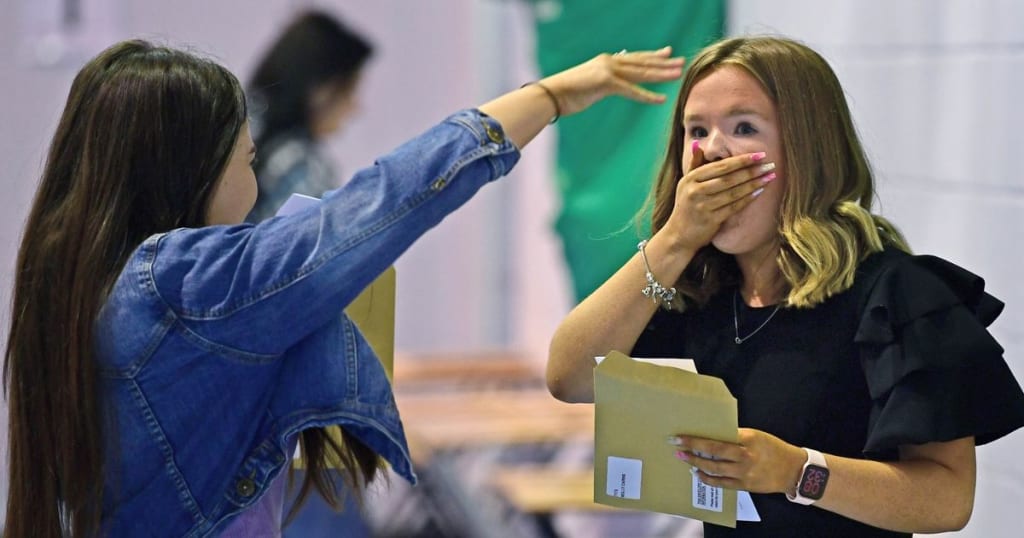
Students across the UK have been receiving their GCSE and A-Level results. This has shown that there has been a widening gap in inequality between students who are more well off than others. This has mainly happened because during the Covid 19 pandemic, when the whole country was in lock down, students who are better off will be able to afford better equipment and private tuition which they can do at home, all abiding by social distancing regulations in order to prevent the amount of social contact they have with others, thus preventing the spread of Covid 19.
Students have been able to carry on with their education with the help of online lectures and training sessions with their teachers. This took away a lot of the one to one teaching experiences that children have in the classroom and may have left them finding certain topics more difficult than others. This immediately puts them at a disadvantage as they won’t be able to understand a lot of the things that their friends could understand.
Students who attend independent schools and grammar schools, usually attain a larger proportion of the top grades when it comes to examinations.
With 70% of A-levels at independent schools awarded A or A*, and 68% of GCSEs at grammar schools grades 7 and above, the attainment gap with non-selective state schools widened even when others also saw their grades improve.
Due to the pandemic, it was decided that examinations should be cancelled this year to avoid the risk of spreading the infection by too many people being in the same room i.e. too many students being in the same examination hall. It was decided that a students overall grade should be decided by their teachers assessment of how well they have performed during that year.
This sort of approach can help some students who may not perform well under the pressure of exams. If their grade is based on how well they performed when producing their coursework, it can also assist them but depends on the kind of guidance they get whilst producing it and the kind of equipment that they have to do it. Some students may not be able to afford some of the equipment other students can to complete their work.
At first, only the children of key workers were allowed to attend schools during lock down. This was to help ensure that society kept functioning and didn’t cease up during lock down by everyone being occupied educating their children at home. It was also done so that those who are in most need in society i.e. key workers such as doctors and people who work in shops that sell essential products could continue working.
The Labour leader, Kier Starmer, recognised this when he said: “We had huge inequality before we went into this pandemic. It’s just got worse, and a lot of that is just down to the way that the education secretary and the government handled this with a chaotic system.”
Jon Andrews, the head of analysis at the Education Policy Institute, said: “It’s important that we don’t let [these] grade changes distract us from the huge learning losses that students have faced. There is a risk that higher grades awarded to young people conceal the underlying losses that they have experienced from the pandemic.”
The findings may come as a result of GCSE’s being taken by students across a wider range of abilities where as those taking A Levels, are more or less aiming for a place at university so this puts increasing pressure on them.
But that’s not to say it has been a great week for the Education Secretary, Gavin Williamson. Unprecedented grade inflation is not a good headline for a Government which for years prided themselves on maintaining standards.